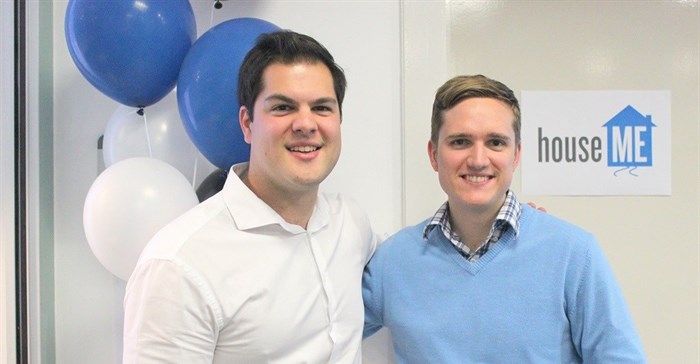
Top stories

Marketing & MediaWarner Bros. was “nice to have” but not at any price, says Netflix
Karabo Ledwaba 5 hours





More news




















“South African estate agents, like their global counterparts, operate in an archaic and unevolved industry that has maintained the status quo for several decades,” says Shaw, who believes the fees being charged by rental agents have gone unchallenged for so long that many simply accept them as the norm.
“We still see average fees of 8-12% around the country, and as high as 22% of the gross rental for short-term stays,” he says. “Many agents advertise rates of 6%, but then add an upfront fee of one month’s rental for successfully placing a tenant. This fee alone costs the landlord more than 8%, which means agencies employing this model are charging far more than investors may realise.”
Shaw says there is a clear lack of transparency around how fees are calculated, and the services that back them up. “Landlords across the board are questioning if they’re getting what they pay for, and the more cynical ones won’t even consider approaching an agency.”
Shaw says that agents are incentivised to move onto the next deal as soon as possible and that holding out for the best price for a landlord may be a secondary priority. “This means that a property tenanted after only one viewing will still attract the same fee percentage as the property that requires more energy to let. Landlords are not aware of this imbalance.”
“Frankly, the fees reflect an outdated system where the advances and efficiencies in technology have had no part to play, or have been roundly ignored.”
Shaw admits that the general ‘it has always been this way’ malaise in the sector has however created an opportunity for a tech-enabled disruptor like HouseME to step in and set fees of 2.5% across the board, which many in the industry are up in arms about.
On dropping its management fees, Shaw says that technology, coupled with a willingness to move away from historically vast profits to create a more efficiently priced market, have been key.
“We’ve automated almost every possible part of the rental process, by building a complete platform solution rather than focusing on just a single industry problem and solving that. Our efficiencies right through the value chain allow us to pass on significant cost savings with absolute transparency.”
An interesting parallel can be drawn between the rental industry and the insurance brokerage industry who are also experiencing disruption from tech startups: in 2016, Lemonade - a US-based tech startup - launched an AI app which disintermediated the insurance broker from the value chain, allowing customers to get insurance without a middleman. “The industry was in uproar over how a technology player would dare to disrupt a traditional giant. Nobody took the technology - which enables faster, more efficient transactions - seriously. We’re taking similar heat from within the established rental and property management sector in SA,” says Shaw.
According to Shaw, agencies are split on whether to use HouseME’s services, ignore them entirely, or compete head-on and drop their prices. “We do believe that there is long-term value in serving these agencies, and enabling them with benefits from our tech platform.”
As a tech startup, HouseME’s last fund-raise was many times oversubscribed, says Shaw. The company has grown its client base by 30% month-on-month since its launch in September last year, with nearly 900 landlords registered in the Western Cape alone.
In July, when the brand extends its footprint into Gauteng, two HouseME management suites will be officially launched alongside.
The management suites will provide options whereby landlords may choose to pay for unbundled services they actually require, from a transparent menu of options. Shaw says the efficiencies they realise through their platform allows on-demand services to be available to landlords at a fraction of traditional fees.
“In our current pilot in Cape Town, every single one of the landlords offered these services have chosen them, over the current alternatives. We predict that this is going to be even more disruptive to the market than our 2.5% base fee,” concludes Shaw.